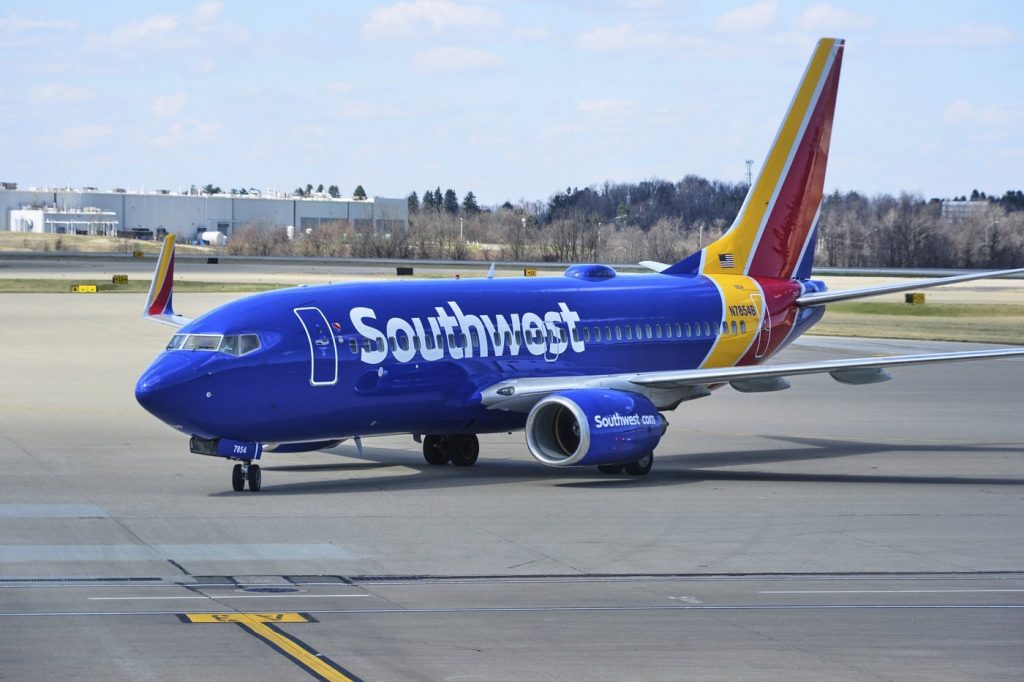Southwest Airlines is implementing a new policy that requires passengers to keep their portable chargers visible during use, aiming to address the increasing concerns regarding lithium battery fires on flights. This policy is set to take effect on May 28 and has already been communicated to passengers through the airline's app.
There has been a notable rise in incidents involving lithium-ion battery fires, a trend that has alarmed aviation authorities. This year alone, there have been 19 recorded incidents, following a record high of 89 last year, according to statistics from the Federal Aviation Administration (FAA). The yearly increase in incidents emphasizes the risks associated with the widespread use of devices powered by lithium-ion batteries, with occurrences more than doubling since the pandemic-era low of 39 in 2020.
Although the number of incidents is relatively small compared to the approximately 180,000 flights operated by U.S. airlines weekly, the frequency of these incidents is prompting airlines to take precautionary measures. For instance, a significant event last summer involved a smoking laptop in a passenger’s bag, which led to the evacuation of a plane at San Francisco International Airport. Additionally, in 2023, a flight from Dallas to Orlando had to make an emergency landing in Jacksonville after a battery caught fire in an overhead bin.
Southwest Airlines has stated that keeping chargers in plain sight while in use will facilitate quicker access in the event of overheating or fire, thereby enhancing safety for all passengers on board. When not in use, passengers are permitted to store their chargers in carry-on bags. This new regulation is indicative of an industry-wide shift towards better safety practices regarding portable electronic devices.
The Transportation Security Administration (TSA) has long banned ecigarettes and power banks containing lithium-ion batteries from checked luggage due to the increased risks associated with in-cabin fires. Portable chargers and similar devices are still allowed in carry-on bags, highlighting the importance of immediate access to these devices in case of emergencies. The FAA also recommends that passengers keep their devices nearby to respond quickly if there are signs of overheating, such as smoking or burning.
A report released last year by UL Standards & Engagement indicated that e-cigarettes were the leading cause of overheating incidents among portable devices. The report revealed troubling statistics, showing that over 25% of passengers surveyed admitted to placing vaping devices and portable chargers in checked bags, directly contravening federal regulations.
UL Standards & Engagement, formerly known as Underwriters Laboratories, based its findings on extensive data collected from 35 passenger and cargo airlines, including nine of the ten major U.S. airlines. This underscores the industry’s growing awareness and response to the potential hazards posed by lithium-ion batteries in both personal and commercial travel settings.










